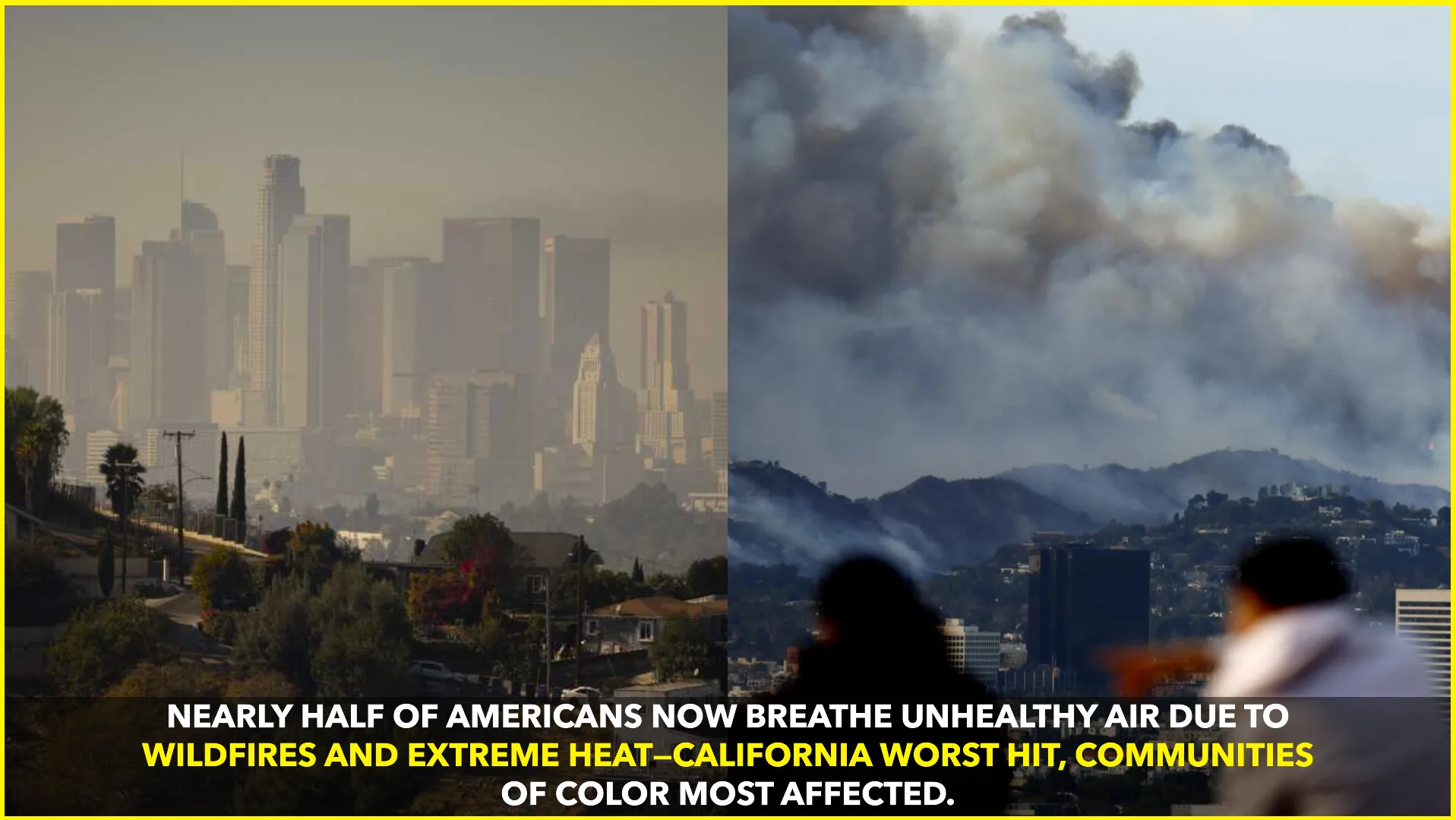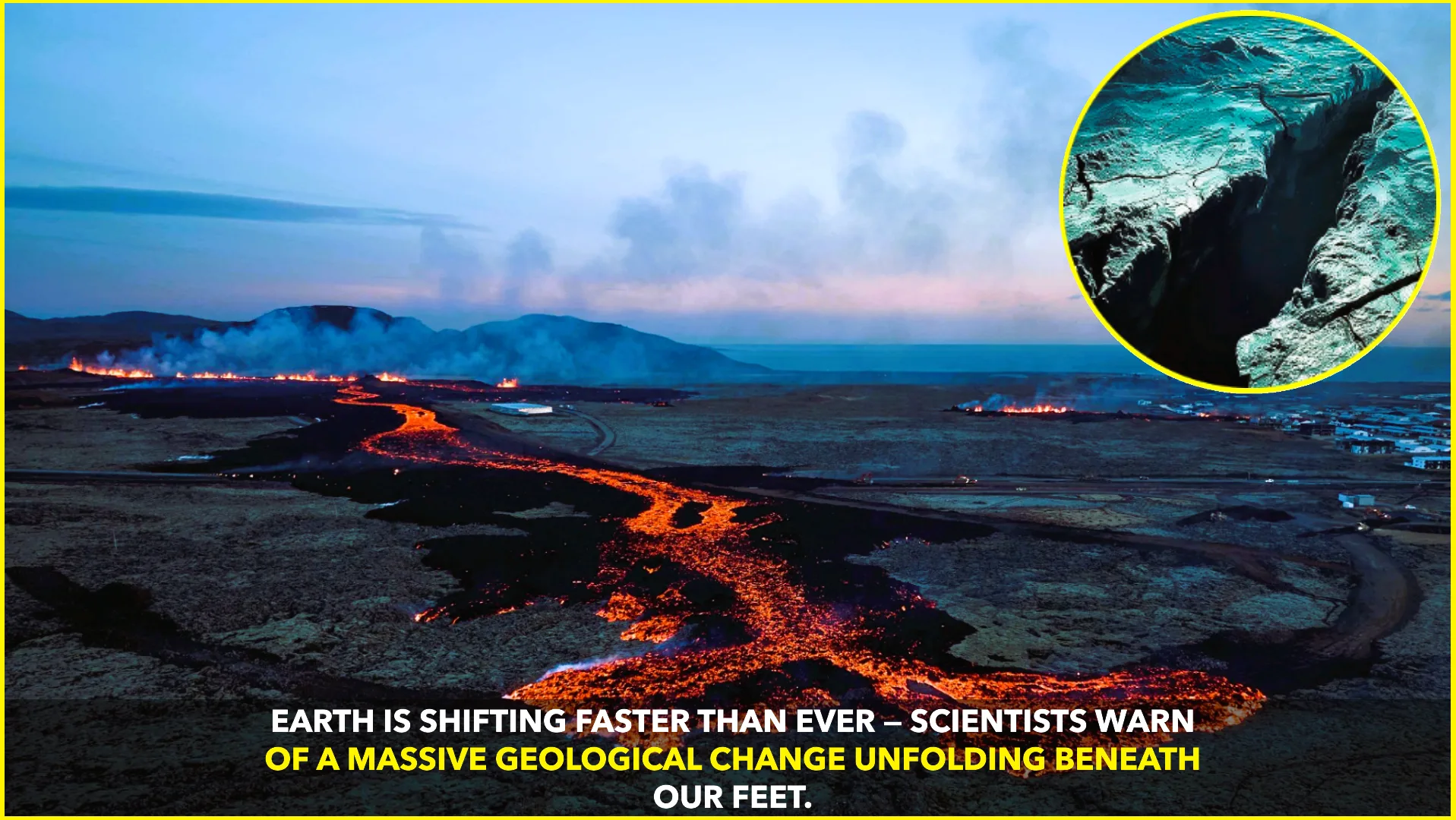A growing environmental crisis is gripping the United States, with nearly half of the population—around 156 million people—now living in areas plagued by unhealthy air quality. This marks the highest number recorded in over a decade, according to recent data, and the primary culprits are intensifying wildfires and soaring temperatures, both strongly linked to climate change.
The latest report paints a concerning picture of America’s air quality. Worsening pollution levels are being fueled by more frequent and severe wildfires, especially in the western states, combined with heat waves that amplify smog formation. The impact is particularly evident in California, which dominates the list of the most polluted cities. Communities in cities like Bakersfield, Fresno, and Los Angeles continue to face prolonged exposure to harmful air pollutants, including fine particulate matter (PM2.5) and ozone.
These tiny particles, often released from burning forests and fossil fuels, can penetrate deep into the lungs and even enter the bloodstream, leading to a wide range of health problems such as asthma, heart disease, and premature death. Smog and smoke from wildfires only worsen the situation, creating persistent health hazards for millions.
The report also highlights stark racial and socioeconomic disparities in exposure to polluted air. People of color are more likely to live in the areas hardest hit by unhealthy air, making them more vulnerable to the long-term effects of pollution. Experts attribute this inequality to decades of discriminatory housing policies and industrial zoning practices that have placed marginalized communities closer to pollution sources.
Out of all the U.S. cities analyzed, only two—Bangor, Maine, and San Juan, Puerto Rico—met the national air quality standards for all three measured pollutants: ozone, year-round particle pollution, and short-term particle pollution. This is a sharp decline in clean-air cities compared to previous years, underscoring the widespread nature of the current crisis.
Environmental health advocates are urging swift action to address the root causes of pollution. This includes transitioning away from fossil fuels, increasing investments in renewable energy, strengthening air quality regulations, and improving wildfire management. The need for national and local policies to protect vulnerable communities has never been more urgent.
As climate change continues to intensify, experts warn that the trend toward worsening air quality could continue unless significant and sustained action is taken. For millions of Americans, clean air—a basic human necessity—is becoming increasingly difficult to access.










